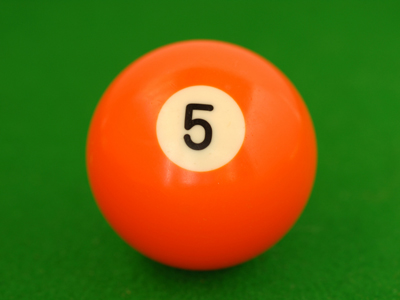
Ask the AI Tutor
Need help with Year 1 Numbers - Counting in Fives? Ask our AI Tutor!
AI Tutor - Lucy
Connecting with Tutor...
Please wait while we establish connection

Can you count in fives?
Year 1 Numbers - Counting in Fives
In KS1 Maths, count in fives using hands, tally marks, and number lines. Spot the pattern: numbers end in 0 or 5 when skip counting by 5.
Question 1
Which numbers are missing from this sequence:
20, 25, __, 35, 40, __, 50
20, 25, __, 35, 40, __, 50
30, 40
25, 30
30, 45
35, 45
Looking at the numbers on either side of the missing number might help
Question 2
Which numbers are missing from this sequence:
40, __, 50, 55, __, 65, 70, __
40, __, 50, 55, __, 65, 70, __
45, 60, 75
50, 60, 70
45, 55, 65
40, 45, 50
The number before the missing one is 5 less
Question 3
What is happening in this sequence:
65, 60, 55, 50, 45, 40
65, 60, 55, 50, 45, 40
The numbers are going up
The numbers are all even
The numbers are going down, not up
The numbers are going up in twos
Each time, the numbers become five less than the one before
Question 4
Which number should come at the end of this sequence:
75, 80, 85, 90, 95, __?
75, 80, 85, 90, 95, __?
10
96
80
100
100 is 5 more than 95
Question 5
Continue this sequence:
45, 40, 35, 30
45, 40, 35, 30
25, 20, 15, 10, 5
35, 40, 45, 50, 55
39, 38, 37, 36, 35
30, 20, 10, 0
Each number is five less than the one before it
Question 6
Numbers in the five times table always end with __?
5 or 7
5 or 9
2 or 4
5 or 0
Numbers in the five times table always end in 5 or 0, even if it's a big number like 4325!
Question 7
Which of these sets all are part of the five times table?
24, 35, 50, 55, 67
15, 25, 65, 45, 70
80, 70, 66, 55, 44
20, 34, 46, 57, 68
Numbers in the five times table must always end with a 5 or 0
Question 8
What is the next number in this sequence:
5, 10, 15, 20, __
5, 10, 15, 20, __
25
21
19
12
25 is five more than 20
Question 9
What are the next two numbers in this sequence:
25, 30, 35, 40, __, __
25, 30, 35, 40, __, __
50, 60
41, 42
45, 50
45, 55
Each number increases by 5
Question 10
What are the next three numbers in this sequence:
45, 50, 55, 60, 65, __, __, __
45, 50, 55, 60, 65, __, __, __
65, 66, 67
65, 75, 85
66, 67, 68
70, 75, 80
Each number is 5 more than the one before it
**Unlimited Quizzes Await You! 🚀**
Hey there, quiz champ! 🌟 You've already tackled today's free questions.
Ready for more?
Ready for more?
🔓 Unlock UNLIMITED Quizzes and challenge yourself every day. But that's
not all...
not all...
🔥 As a Subscriber you can join our thrilling "Daily Streak" against other
quizzers. Try to win a coveted spot on our Hall of Fame Page.
quizzers. Try to win a coveted spot on our Hall of Fame Page.
Don't miss out! Join us now and keep the fun rolling. 🎉
**Unlimited Quizzes Await You! 🚀**
Hey there, quiz champ! 🌟 You've already tackled today's free questions. Ready for more?
🔓 Unlock UNLIMITED Quizzes and challenge yourself every day. But that's not all...
🔥 As a Subscriber you can join our thrilling "Daily Streak" against other quizzers. Try to win a coveted spot on our Hall of Fame Page.
Don't miss out! Join us now and keep the fun rolling. 🎉






